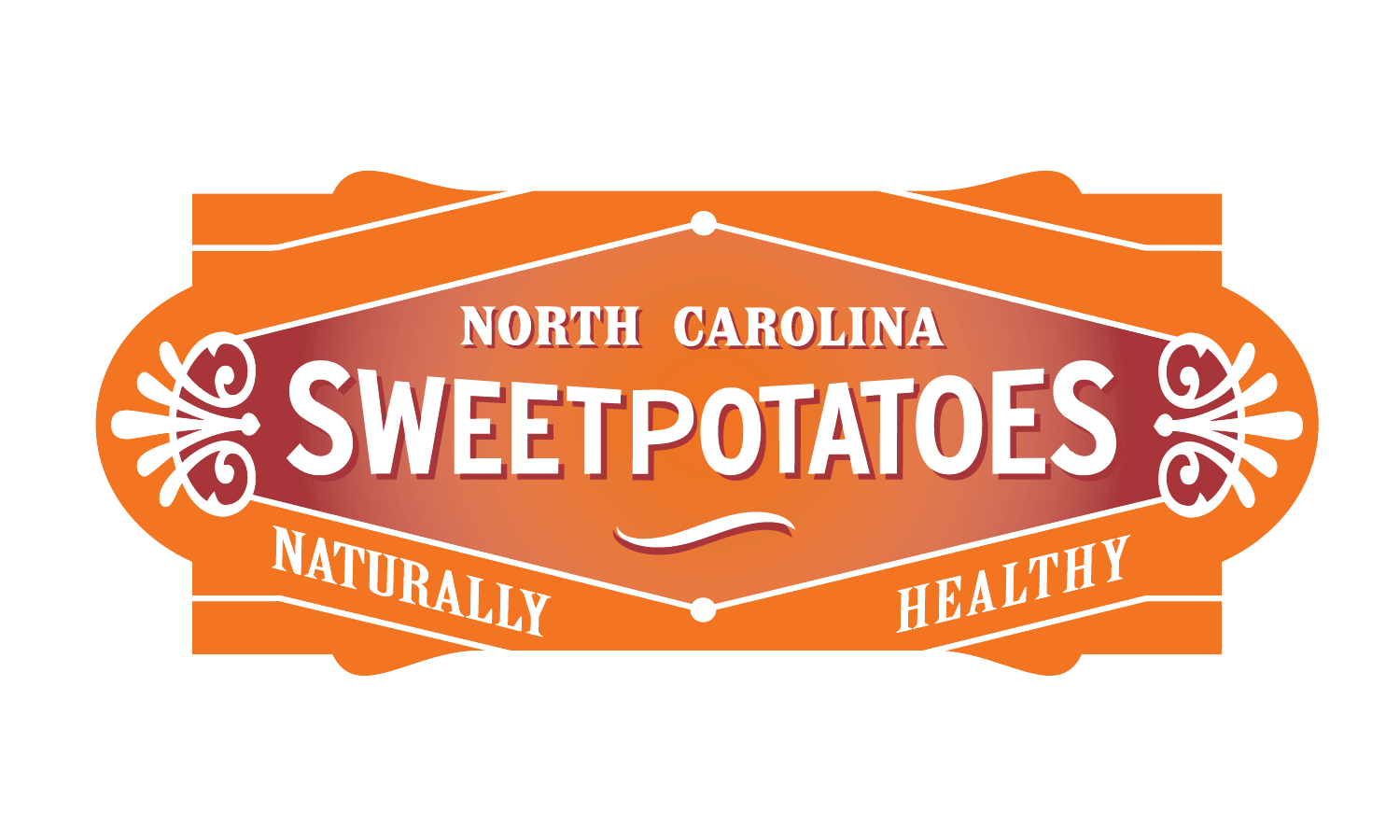
Is sweetpotato a carb?
If you’ve ever wondered, is sweetpotato a carb or a vegetable? the answer is both. It’s a naturally starchy root vegetable that doubles as one of the healthiest carb sources you can add to your meals. They are made up of complex carbohydrates, which your body digests slowly to provide a steady, sustained source of energy. This is a key difference from simple carbohydrates, which cause a quick spike and then a crash in energy. A medium-sized baked sweetpotato contains around 23g of carbs.
Despite their name, sweetpotatoes are not considered a high-sugar food. A 111g portion of sweetpotato contains around 7.2g of sugar, which is significantly less than other foods that people might consider to be healthy carbohydrates, like white rice or pasta. They are a starchy vegetable, which means they are a good source of carbs along with many other beneficial nutrients.
Types of carbohydrates in sweetpotatoes.
Sweetpotatoes contain complex carbs, which are different from the simple carbs found in refined foods like white pasta or rice. The key difference lies in how your body breaks them down. Simple carbs are quickly digested by your gut, leading to a large spike in blood glucose and energy levels. This spike is temporary and can leave you feeling hungry or craving more fast-energy food shortly after.
Complex carbs, on the other hand, are digested more slowly because of their higher fibre content. This slow digestion gives you a more gradual and sustained release of energy. The fibre also moves more slowly through your gut, helping you feel fuller for longer.
Complex carbohydrates also have a low glycemic index (GI), which means they produce smaller fluctuations in your blood glucose and insulin levels. This helps you maintain sustainable energy throughout the day and can reduce cravings for sugary snacks.
Sweetpotato nutrition beyond carbs
Sweetpotatoes offer much more than just healthy carbs. They are packed with essential nutrients that contribute to your overall health, especially when you eat the whole vegetable.
A 111g portion of sweetpotato provides around 3.7g of fibre, which is crucial for digestive health, promoting a healthy gut, and helping to regulate blood sugar levels. Fibre also significantly contributes to a feeling of fullness, which can be beneficial for weight management.
Sweetpotatoes are well known for being an excellent source of Vitamin A. The skin also contributes to your intake of Vitamin C, which supports the immune system and skin health, and Vitamin B6, which plays a key role in nervous and immune system function and can help reduce tiredness.
The skin of sweetpotatoes is rich in powerful antioxidants like beta-carotene (which your body converts to Vitamin A) and anthocyanins (especially in purple varieties). These compounds help protect your body from cell damage and may lower your risk for chronic illnesses like certain cancers and heart disease.
Sweetpotato also provides essential minerals such as potassium, manganese, and copper, which are important for blood pressure regulation.
Learn more about Sweetpotato’s Nutritional Profile.
Sweetpotato's as part of a balanced diet
Because sweetpotatoes provide complex carbs that digest more slowly than refined carbs, they help you maintain steady energy levels and avoid blood sugar spikes. This makes them a great addition to a balanced, healthy lifestyle. Their fibre content also supports digestion and promotes a feeling of fullness, which can help reduce your overall calorie intake.
The calorie count of a sweetpotato can vary depending on how you prepare it. A baked sweetpotato without toppings is naturally low in calories, but adding butter, sugar, or frying can significantly increase its calorie count. Choosing simple cooking methods like boiling, roasting, or steaming helps you enjoy the nutritional benefits without adding excess calories.
How to include sweetpotatoes in your diet
Boiled sweetpotatoes are the healthiest and lowest-calorie option. Boiling retains its soft texture and doesn’t spike the glycemic index as much as other methods, which is better for blood sugar levels. Boiled sweetpotatoes are ideal for mash, like in these Sweetpotato Waffles, and our Sweetpotato Chia Pudding.
Steaming is another low-calorie method, similar to boiling, but it retains slightly more nutrients. It’s a great choice if you’re preparing sweetpotatoes for salads or recipes that require a tender, clean texture without added fat, like this Sweetpotato Savoury Breakfast Bowl.
Baking is a popular method for making sweetpotato wedges or stuffed sweetpotatoes, like this Vegetarian Hot Honey Loaded Sweetpotato. However, baked sweetpotatoes can become higher in calories when coated in oil, butter, or sugary glazes. If you’re watching your calorie intake, be mindful of added fats.
So, is sweetpotato a carb? The answer is yes, but it’s not just any carb. Sweetpotatoes are complex carbohydrates that fuel your body with steady energy, while also delivering fibre, vitamins, minerals, and antioxidants that support long-term health. Unlike refined carbs, which can cause energy crashes and spikes in blood sugar, sweetpotatoes are nutrient-dense and versatile, making them a smart choice for anyone looking to eat healthier.
Including sweetpotatoes in your diet gives you a delicious way to enjoy a nutritious, slow-release carb that fits into a balanced lifestyle.
Ready to enjoy more of the benefits? Explore our sweetpotato recipe collection and discover new ways to make this nutrient-rich vegetable a regular part of your meals.
